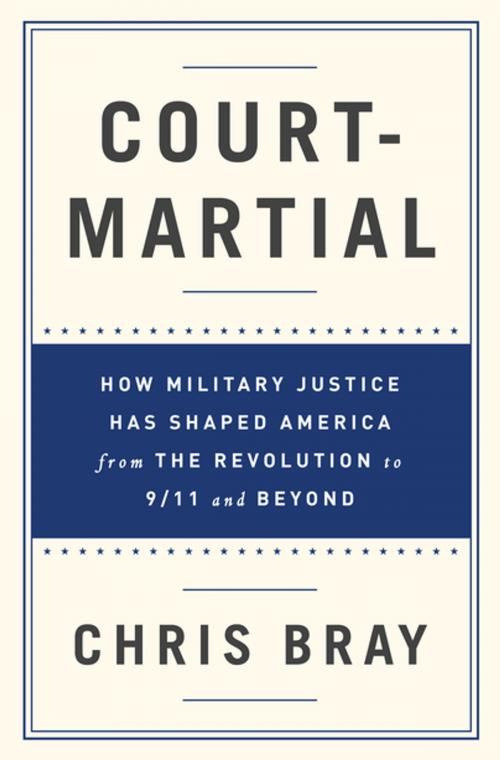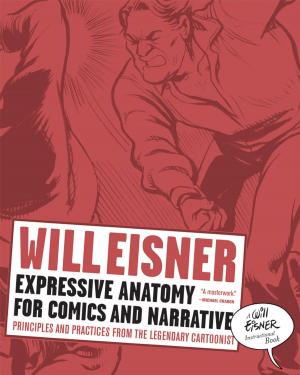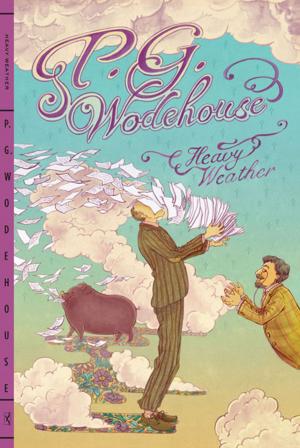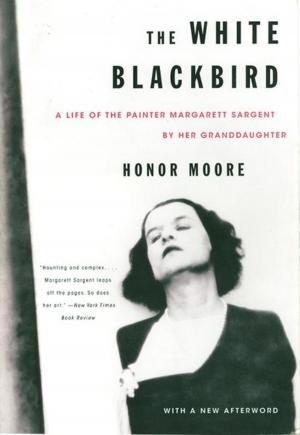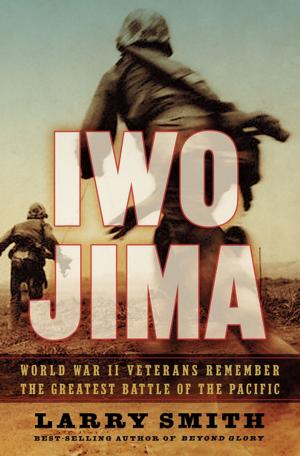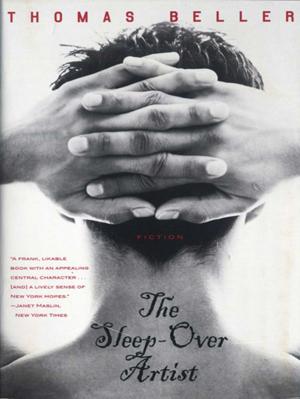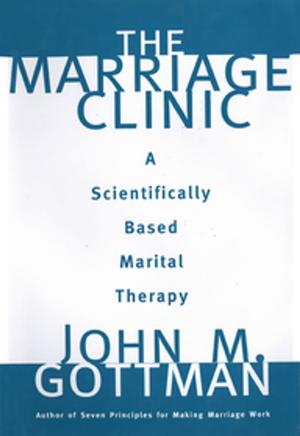Court-Martial: How Military Justice Has Shaped America from the Revolution to 9/11 and Beyond
Nonfiction, Reference & Language, Law, Military, History, United States| Author: | Chris Bray | ISBN: | 9780393243413 |
| Publisher: | W. W. Norton & Company | Publication: | May 17, 2016 |
| Imprint: | W. W. Norton & Company | Language: | English |
| Author: | Chris Bray |
| ISBN: | 9780393243413 |
| Publisher: | W. W. Norton & Company |
| Publication: | May 17, 2016 |
| Imprint: | W. W. Norton & Company |
| Language: | English |
A timely, provocative account of how military justice has shaped American society since the nation’s beginnings.
Historian and former soldier Chris Bray tells the sweeping story of military justice from the earliest days of the republic to contemporary arguments over using military courts to try foreign terrorists or soldiers accused of sexual assault. Stretching from the American Revolution to 9/11, Court-Martial recounts the stories of famous American court-martials, including those involving President Andrew Jackson, General William Tecumseh Sherman, Lieutenant Jackie Robinson, and Private Eddie Slovik. Bray explores how encounters of freed slaves with the military justice system during the Civil War anticipated the civil rights movement, and he explains how the Uniform Code of Military Justice came about after World War II.
With a great eye for narrative, Bray hones in on the human elements of these stories, from Revolutionary-era militiamen demanding the right to participate in political speech as citizens, to black soldiers risking their lives during the Civil War to demand fair pay, to the struggles over the court-martial of Lieutenant William Calley and the events of My Lai during the Vietnam War. Throughout, Bray presents readers with these unvarnished voices and his own perceptive commentary.
Military justice may be separate from civilian justice, but it is thoroughly entwined with American society. As Bray reminds us, the history of American military justice is inextricably the history of America, and Court-Martial powerfully documents the many ways that the separate justice system of the armed forces has served as a proxy for America’s ongoing arguments over equality, privacy, discrimination, security, and liberty.
A timely, provocative account of how military justice has shaped American society since the nation’s beginnings.
Historian and former soldier Chris Bray tells the sweeping story of military justice from the earliest days of the republic to contemporary arguments over using military courts to try foreign terrorists or soldiers accused of sexual assault. Stretching from the American Revolution to 9/11, Court-Martial recounts the stories of famous American court-martials, including those involving President Andrew Jackson, General William Tecumseh Sherman, Lieutenant Jackie Robinson, and Private Eddie Slovik. Bray explores how encounters of freed slaves with the military justice system during the Civil War anticipated the civil rights movement, and he explains how the Uniform Code of Military Justice came about after World War II.
With a great eye for narrative, Bray hones in on the human elements of these stories, from Revolutionary-era militiamen demanding the right to participate in political speech as citizens, to black soldiers risking their lives during the Civil War to demand fair pay, to the struggles over the court-martial of Lieutenant William Calley and the events of My Lai during the Vietnam War. Throughout, Bray presents readers with these unvarnished voices and his own perceptive commentary.
Military justice may be separate from civilian justice, but it is thoroughly entwined with American society. As Bray reminds us, the history of American military justice is inextricably the history of America, and Court-Martial powerfully documents the many ways that the separate justice system of the armed forces has served as a proxy for America’s ongoing arguments over equality, privacy, discrimination, security, and liberty.
